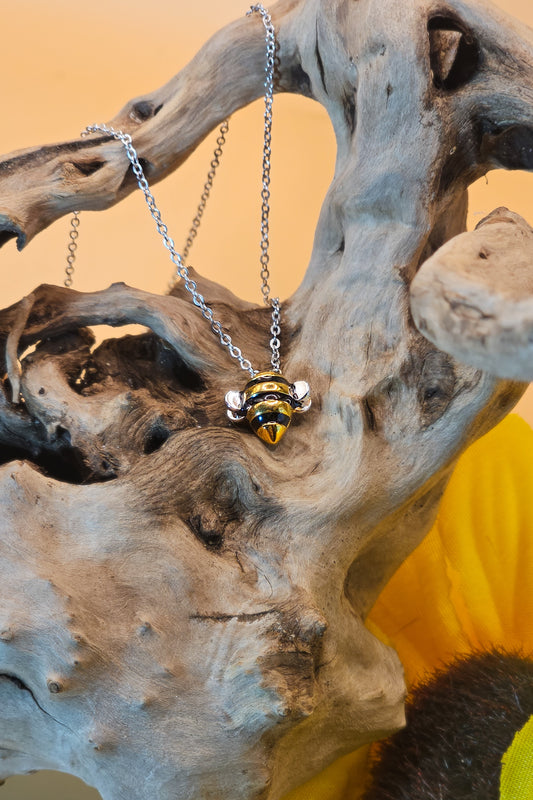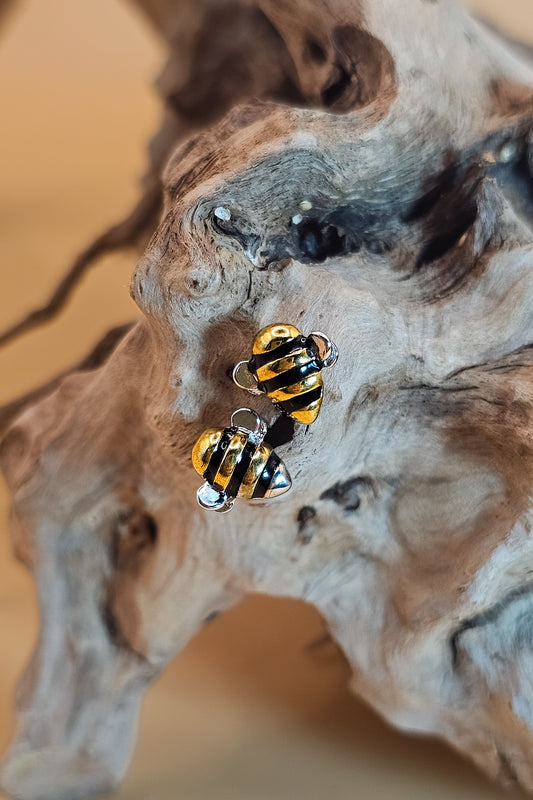If you read our blog regularly, you know we have called out Costa Rica several times in the recent past over some of the horrific bee poisoning events that made international headlines. What Costa Rica is facing is very similar to the battle the Maya people of Campeche in Mexico’s Yucatán Peninsula have fought, as you can read in our blog post. Leydy Pech, the 2020 Goldman Environmental prize winner, eventually led her people and the bees to success.
Now, according to concerned beekeepers in Costa Rica that are sounding the alarm, pesticides are irreversibly depleting the insect population. They are so worried that they have addressed a petition to President Carlos Alvarado and to the Ministers of Agriculture, Health and Environment, and the Costa Rican Beekeepers Association. This petition requests the prohibition of the powerful insecticide Fipronil. If it is not banned, they say, the death rate – by poisoning – that has been experienced in Costa Rica during the past 12 months will continue. Then, by the year 2035, all bees will have disappeared in Costa Rica.
The petition sent to President Alvarado requesting that this poison be banned also pointed out many hard facts. The National Chamber for the Promotion of Beekeeping clearly laid out the reality that awaits Costa Rica if the dangerous insecticide Fipronil continues to be used on crops around the country.
The claims made by the National Chamber for the Promotion of Beekeeping are grave, and the staggering statistics they presented speak for themselves. During the decade that includes the years 2010 through 2020, in just the Los Santos Zone, 2,200 hives were lost. Last year alone there were 30 massive bee poisoning events. The cost of each of these events was that approximately 3 million insects lost their lives. That’s approximately 90 million bees killed in one year.
These facts and figures would support the claim that agrochemical poisoning kills nearly 250,000 bees every day.
This 16:21-minute video by FarmOfLife is unrelated but shows the beauty of Melapona Stingless Bees in Costa Rica:
These figures are the result of the monitoring that is carried out by the beekeepers in the Los Santos area, according to Juan Bautista Alvarado, the President of the Chamber. This regards the bee extermination that they announce at the national level. He explained that these numbers are prepared by the Chamber from reports it receives from its associates.
In addition, he observed that when it comes to hive poisoning events, beekeepers have a lot of mistrust in both the administrative and judicial systems. This results in many people not reporting such events. In the last ten years, however, such events are reported to the National Animal Health Service (Senasa).
CAUSE OF DEATH: Fipronil. That institution analyzed samples of dead bees taken to the laboratory and the only cause of death for 9 out of 10 bees was Fipronil. For the tenth bee, Fipronil was not excluded as the cause of death but no cause could be determined. He says the country is experiencing nothing short of a bee massacre.
CONSTITUTIONAL REMINDER: According to the beekeeper, the petition letter provided the government with the explanation and sufficient legal arguments to create the basis for a decree. The letter is a reminder of the right to a healthy and ecologically balanced environment under Article 50 of the Constitution. Costa Rica is also a member of a series of international treaties regarding control of dangerous substances and agrochemicals.
The environmental advisors of President Carlos Alvarado had announced that the government would ban Fipronil at the beginning of the year, but Easter passed without action, so they decided it was necessary to petition the government with what must be done. On April 7, 2021 the petition was also received by Renato Alvarado, Minister of Agriculture and Livestock; Daniel Salas, Chief of Health; and Andrea Meza, Minister of Environment and Energy. The petition basically requests a commitment be made by the current administration and set in stone.
NO BEES MEANS ENVIRONMENTAL DISASTER: The Chamber reminded the current administration of the vital importance of bees in the ecological function of pollination. They specified that if the plant-pollinator interaction is broken, there would be no harvest for hundreds of fruits, vegetables and legumes that comprise the current nutritional chain.
The National Chamber for the Promotion of Beekeeping denounces that Fipronil has been used in Costa Rica since 1995 and can still be seen in many commercial presentations for pests and crops. They also cite scientific studies that show this insecticide not only has a deadly impact on bees, but also affects birds and fish. It is a systemic poison, in that it moves to different tissues of plants, nectar and pollen.
NEONICOTINOIDS: The danger that neonicotinoid agrochemicals pose to bees has been widely reported for years. In this sense, beekeeper Alvarado explained, fipronil is considered lethal since it “kills at once” whereas neonicotinoids are sublethal since they “kill slowly.” As President of the Beekeeping Chamber, he stated that there needs to be a higher level of coordination between the Ministry of the Environment and the Ministry of Agriculture, so they don’t overrule each other.
The details in this post are sobering for us all. Costa Rica, with its vital Rain Forest, lush, fertile soil, and coastlines on both the Pacific and Atlantic oceans, is a richly blessed country in so many ways. And with this comes responsibility to be good stewards of the land and to make good choices for the environment, their own people and animals, and the planet as a whole. We will soon see how Costa Rica proceeds. There is a fork in the road. Which way will they go?








